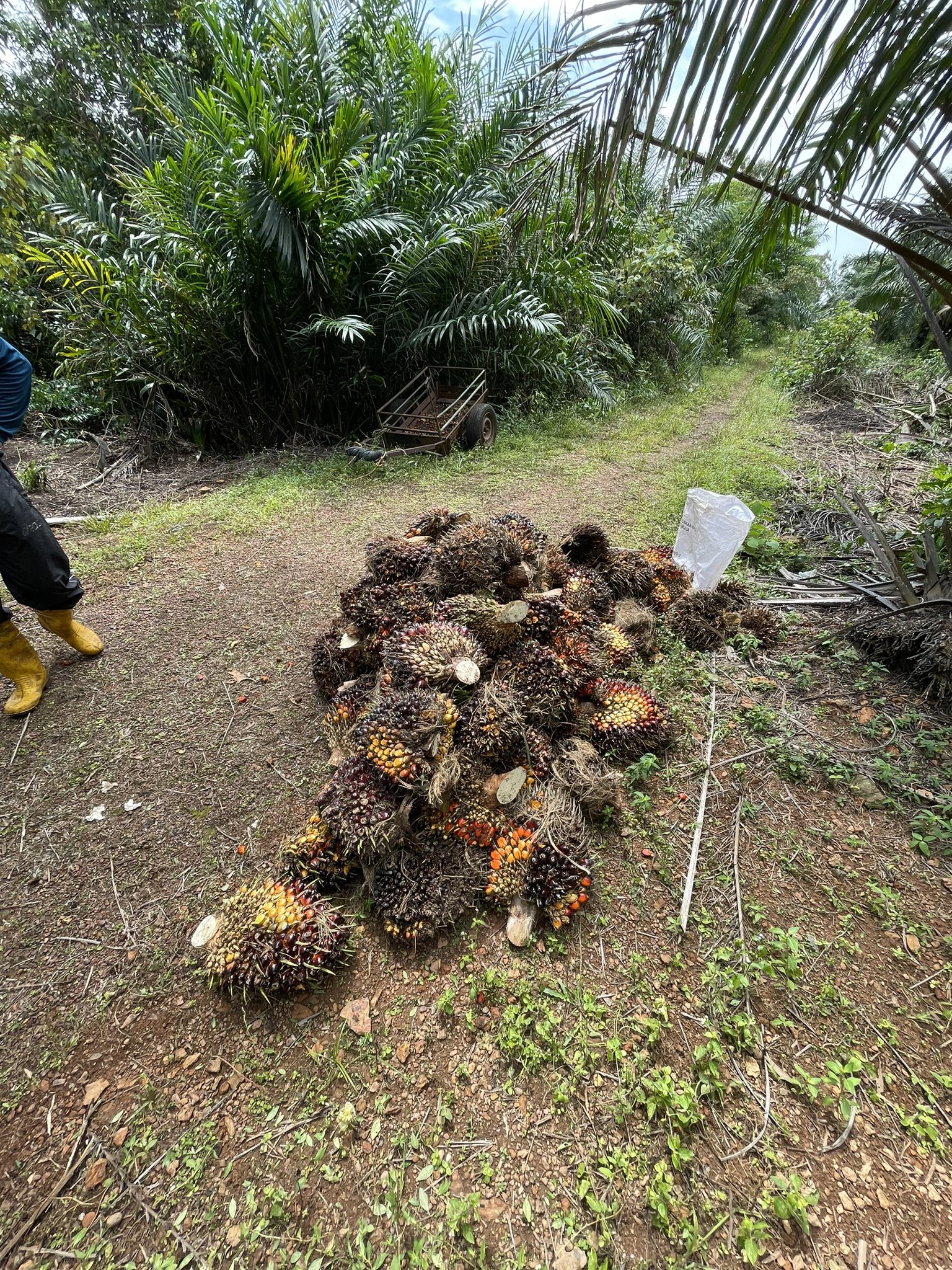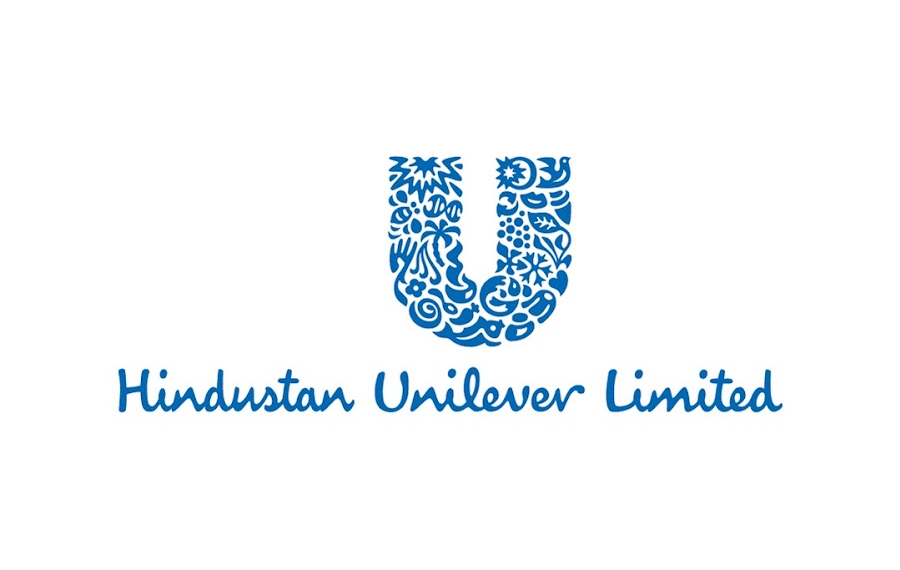Hindustan Unilever Limited (HUL), India’s largest fast-moving consumer goods company, is gearing up for a significant investment in Andhra Pradesh to bolster its palm oil production.
The FMCG giant aims to collaborate with over 15,000 farmers in the state to cultivate at least 30,000 hectares of oil palm plantations, demonstrating a commitment to promote self-reliance in the palm oil sector.
Palm Oil Plantations In Andhra Pradesh
The proposed plan entails the establishment of sapling nurseries, palm fresh fruit bunch collection centers, and a palm oil mill in Andhra Pradesh, with investments exceeding Rs 300 crore over the project’s development period. This initiative is expected to generate over 1,000 direct and indirect jobs in the state, contributing to economic growth and rural development.
Additionally, HUL plans to provide agricultural extension services and technical assistance to farmers as part of its comprehensive farmer outreach program, aligning with the company’s global sustainable and regenerative agriculture principles.
As per NDTV Profit:
#HUL in talks with Andhra Pradesh government to collaborate on palm oil production.
For the latest news and updates, visit: https://t.co/MVT9qbBq6n pic.twitter.com/hTDSwgUMrW
— NDTV Profit (@NDTVProfitIndia) February 14, 2024
Dev Bajpai, Executive Director of Legal and Corporate Affairs at HUL, highlighted the strategic significance of the proposed collaboration, emphasizing the company’s commitment to backward integration for its skin cleansing portfolio.
By leveraging the investor-friendly policies of the Andhra Pradesh government, HUL aims to strengthen its supply chain and enhance its production capabilities in the region. Yogesh Mishra, Executive Director of Supply Chain, emphasized the opportunity to deploy global best practices and expertise from Unilever’s other markets, fostering collaboration with thousands of farmers and bringing sustainability commitments to life.
Also Read – Alakh Pandey’s PhysicsWallah Records Massive Drop in Profit: Financial Overview
HUL’s Strategic Investments in Palm Oil Self-Reliance
In 2021, India became the world’s largest importer of Palm Oil, with imports totaling $8.72B. Palm Oil ranked as the 9th most imported product in India that year. India’s primary sources of Palm Oil imports were Malaysia ($3.75B), Indonesia ($3.45B), Thailand ($597M), Singapore ($370M), and Nepal ($252M).
Among these imports, the fastest-growing markets for Palm Oil between 2020 and 2021 were Malaysia ($2.13B), Thailand ($490M), and Indonesia ($394M).

On the export front, India exported $127M worth of Palm Oil in 2021, making it the 20th largest exporter globally. Palm Oil was the 376th most shipped product from India that year. The main destinations for India’s Palm Oil exports were Nigeria ($92.7M), Bangladesh ($17.1M), Ethiopia ($8.1M), Angola ($2.35M), and Senegal ($2.21M).
Notably, the fastest-growing export markets for India’s Palm Oil between 2020 and 2021 were Nigeria ($92.7M), Bangladesh ($17.1M), and Ethiopia ($8.1M).
With these statistics in context, HUL’s Pal Oil Plantation plans in Andhra Pradesh could bring a lot of strategic heft. However, it remains to be seen if the FMCG giant could pull this off in said timeline.














